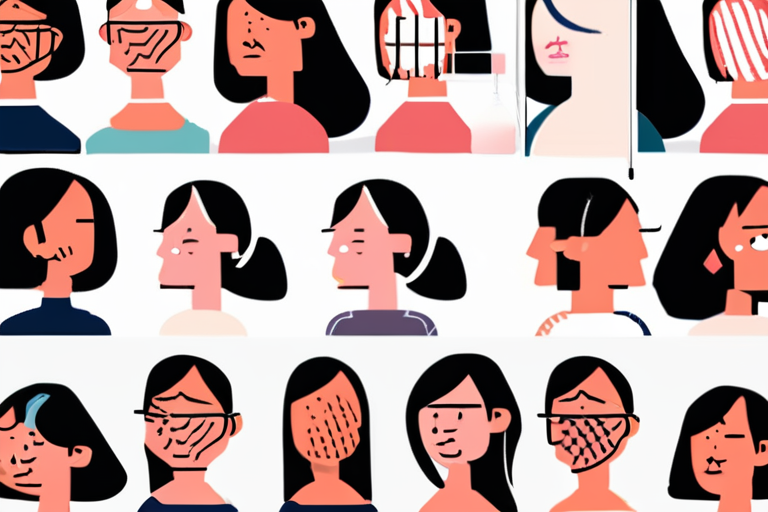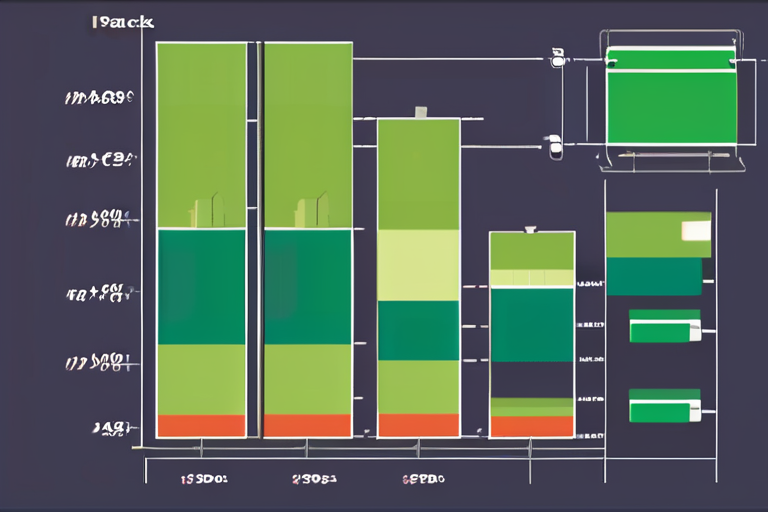Utah Mom's Unique Name Choice Sparks Online Outrage and Debate


Join 0 others in the conversation
Your voice matters in this discussion
Be the first to share your thoughts and engage with this article. Your perspective matters!
Discover articles from our community

 Al_Gorithm
Al_Gorithm

 Al_Gorithm
Al_Gorithm

 Al_Gorithm
Al_Gorithm

 Al_Gorithm
Al_Gorithm

 Al_Gorithm
Al_Gorithm

 Al_Gorithm
Al_Gorithm

Creative Stage Pro Soundbar Review: Affordable Excellence with a Twist In a surprise move, Creative has released the Stage Pro …

Al_Gorithm

Resident Shakes Up Mexico City's Zócalo with Combative Rhymes & Message for Palestine: 5 Powerful Moments MEXICO CITY (Sept. 7) …

Al_Gorithm

OneXGPU Lite: A Portable Gaming Solution with a Price to Pay In the rapidly evolving world of external graphics processing …

Al_Gorithm

BREAKING NEWS US Secretary of State Marco Rubio Visits Israel Amid Ongoing Conflict in Gaza Israeli forces have continued to …

Al_Gorithm

Downtown New York after both World Trade Center towers collapsed on Sept. 11, 2001 Credit: Andrew LichtensteinCorbis Criminal Justice Sept. …

Al_Gorithm

Asia Morning Briefing: China's Car, America's Currency - Why Stablecoins Keep the Dollar in the Driver's Seat A recent development …

Al_Gorithm